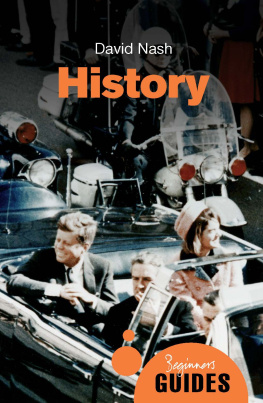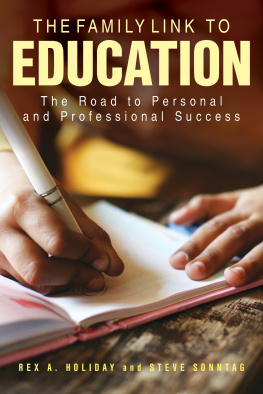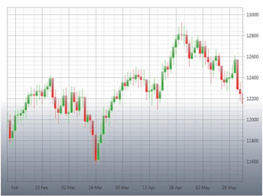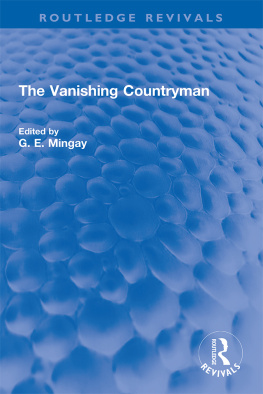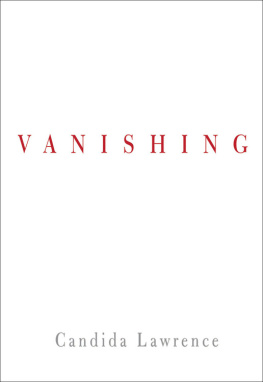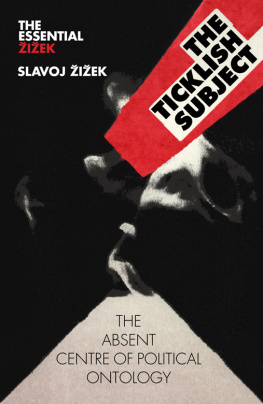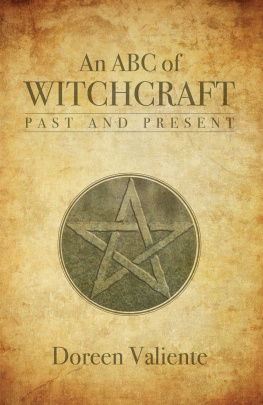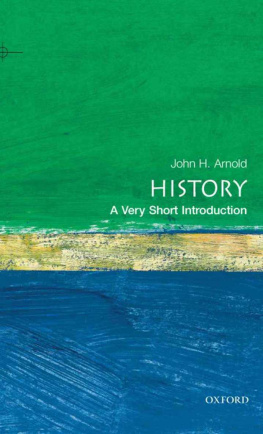

Sutherland House
416 Moore Ave., Suite 205
Toronto, ON M4G 1C9
Copyright 2022 by Trilby Kent
All rights reserved, including the right to reproduce this book or
portions thereof in any form whatsoever. For information on rights and
permissions or to request a special discount for bulk purchases, please
contact Sutherland House at
Sutherland House and logo are registered
trademarks of The Sutherland House Inc.
First edition, October 2022
If you are interested in inviting one of our authors to a live event or
media appearance, please contact
and visit our website at sutherlandhousebooks.com for more
information about our authors and their schedules.
Manufactured in China
Cover designed by Lena Yang
Book composed by Karl Hunt
Library and Archives Canada Cataloguing in Publication
Title: The vanishing past : making the case for the future of history /
Trilby Kent.
Names: Kent, Trilby, 1982- author.
Identifiers: Canadiana 20220226725 | ISBN 9781989555798 (hardcover)
Subjects: LCSH: HistoryStudy and teaching.
Classification: LCC D16.2 .K46 2022 | DDC 907.1dc23
ISBN 978-1-989555-79-8
eBook ISBN 978-1-989555-87-3
For Clea and Tristan
T HIS BOOK GREW OUT of a conversation that took place in a midtown Toronto bar in December 2019. Over the weeks that followed, while I drafted the proposal for a manifesto defending the value of historical education, reports began to filter through our smartphones and television screens of a mysterious virus that was claiming an alarming number of lives on the other side of the globe. Parts of China were being shut down in a way that only seemed possible in one of the worlds most tightly controlled societies. Images of empty streets and families holed up for weeks in their apartment blocks intrigued and alarmed us. Still, life went on, and for a time these reports were absorbed into a news cycle that included devastating Australian bushfires, a passenger plane being shot down over Iran, and Donald Trumps ongoing debasement of the American presidency.
The proposal was accepted; I signed a contract and started work in earnest. Then, almost overnight, the lockdowns began and life ceased to be normal. To put it mildly, 2020 was an interesting year to spend researching a book on the value of history. Before long, there was talk everywhere of what it was like to find ourselves living through an historical moment, not to mention heightened appreciation for what past societies endured. Some comparisons (of our quarantine experience to Boccaccios and Defoes accounts of other plagues) were telling, while others (equating modern-day medics to the soldiers who stormed the Normandy beaches on D-Day) perhaps missed the mark slightly. Prime Minister Justin Trudeau went so far as to call the pandemic the greatest health care crisis in our history, a rhetorical flourish that ignored the vast range of devastating diseases that humanity has grappled with over time. There was also an element of disbelief not dissimilar to what many experienced observing 9/11 unfold: one of the most popular fallback descriptions of that day was that it was like watching scenes from a disaster movie, a reminder not only of how insulated wed become against historic calamity, but how arrogant to assume that wed somehow moved beyond it. Crucially, we now seemed to realize that history isnt inevitable and, more importantly, that we dont exist outside of it.
Next came the questions about what kind of world we wanted to live in after the pandemic, which was clearly going to have a devastating effect on many communities and industries. As far as history was concerned, the UN predicted that one in eight museums worldwide would close permanently, with one in three American museums never to reopen. Collections focused on the lives of Black, Indigenous, and minority groups would be particularly vulnerable. More pressingly, the pandemic was revealing real, life-costing inequities between our living citizens: rich and poor, Black and white.
The sad fact is that we were in trouble long before Covid-19 came along. The killing of George Floyd in May 2020 highlighted once again the problem of systemic racism in Americaa problem which also exists in Canada, as the deaths of Joyce Echaquan, Chantel Moore, and others have illustratedand unleashed a global wave of support for Black Lives Matter. Around the same time, discussions of the legacy of colonialism, slavery, and institutionalized racism provided fresh impetus for such movements as #RhodesMustFall, resulting in a rush of statue-toppling from Montreal to Bristol to Antwerp, and across the United States.
We look to history to learn how to face moments such as these and to remind ourselves that were a resilient, if destructive, species. War, pestilence and social upheaval have brought numerous civilizations to their knees, but we can also find in history examples of leadership, self-sacrifice, ingenuity, and magnanimity. In the words of Winston Churchill, the future is unknowable, but the past should give us hope.
Its not just about feeling good, though: the past can and should help inform our actions as individuals and states. Writing in Prospect in May 2020, leading historian Anthony Such advice, said Seldon, may well have helped avoid the calamities of both Brexit and Covid-19. Some university departments are already on to this: Kings College, London has created a Centre for Grand Strategy, which, according to its website, seeks to bring a greater degree of historical and strategic expertise to statecraft, diplomacy and foreign policy bringing top-class academic expertise to bear on the policy-making process and the public debate about foreign policy. Applied history has also made inroads at Harvard, where the Belfer Centers Applied History Project aims to address the history deficit (Niall Fergusons phrase) in policymaking.
But none of this can happen without a historically literate citizenry. That relies to some extent on flourishing university history departments, and those cant exist without a coherent and wide-ranging history program in our high schools. None of this is likely without our youngest students being introduced to great human stories from earliest times.
When schools shut down in March 2020, the Toronto District School Board sent parents an anaemic list of online education links to keep students occupied while it figured out the practicalities of remote learning. The links focused exclusively on literacy and math, which weve long been conditioned to believe are the two most important subjects our elementary students need to master. What was missing from this listwhat, it strikes me, has long been missing from our schoolswas the far greater power of story to reassure, entertain, inspire, and help students (and their parents) make sense of the strange new world in which we find ourselves.
Stories occupy a deep and powerful position in the human psyche; theres a reason that Einstein advised that parents wishing to raise intelligent children should read their progeny fairy tales and yet more fairy tales. All cultures, even those without written language, share stories. Storytelling was the original form of teaching, which has helped to define communities since earliest times (tempting though it is to argue that the very word history is built around story, its worth noting that the word actually derives from the Greek histr, meaning a learned or wise man). Today, we know that sharing stories with our youngest students has multiple benefits: growing wonder, curiosity, understanding, empathy, problem solving, and interpretation skills; developing memory; inspiring discussion and debate; nurturing a sense of community; building engagement with learning; and helping young minds organize and relate experiences, and understand cause and effect.
Next page

